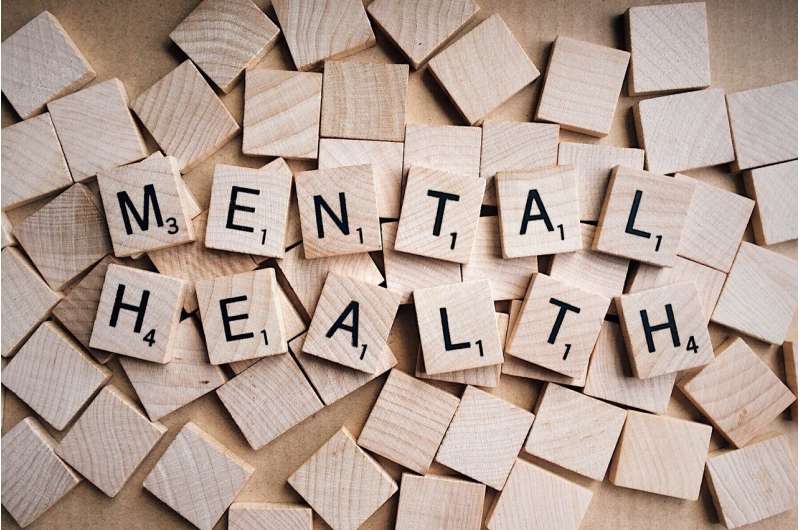Elevated Risk of Psychopathology in Children of Individuals with Schizophrenia and Bipolar Disorder

New research reveals children of parents with schizophrenia or bipolar disorder are at increased risk for developing mental health problems, emphasizing the importance of early monitoring and intervention.
Recent research confirms that children of parents diagnosed with schizophrenia or bipolar disorder face a heightened risk of developing various mental health conditions. The study, published in the journal European Child & Adolescent Psychiatry, investigates how the social and clinical characteristics of parents contribute to their offspring’s mental health outcomes.
Conducted over four years, the research involved 238 children aged 6 to 17, with some participants being children of affected parents and others serving as controls. The study examined factors such as parental and child psychiatric diagnoses, socioeconomic status, parental age at childbirth, and subclinical symptoms related to schizophrenia or bipolar disorder.
Findings indicate that children of parents with schizophrenia are more susceptible to attention deficit disorder, disruptive behaviors, and subclinical psychotic symptoms. Meanwhile, children of parents with bipolar disorder tend to exhibit a higher prevalence of mood disorders, attention deficit disorder, and subclinical bipolar symptoms. The study emphasizes that better family functioning and higher socioeconomic status are associated with reduced risk, highlighting the importance of social and psychological support interventions.
This research underscores the significance of long-term monitoring and preventive strategies for children at high genetic risk of severe mental illnesses. It is part of the BASYS project and illustrates the need for targeted family and social interventions to mitigate the development of psychopathology in vulnerable populations.
Overall, the study advances our understanding of how inherited and environmental factors interplay in the intergenerational transmission of mental health vulnerabilities, offering valuable insights for clinicians and policymakers aiming to improve mental health outcomes for at-risk youth.
Stay Updated with Mia's Feed
Get the latest health & wellness insights delivered straight to your inbox.
Related Articles
Impact of Firstborn Behavioral Issues on Sibling Relationships and the Role of Maternal Reflection
This research highlights how a first child's behavioral problems can affect sibling relationships and the protective role of maternal reflective functioning in fostering healthier family bonds.
Understanding Nonverbal Autism: My Journey and Insights
Learn about nonverbal autism through the personal experience of a nonspeaking individual, highlighting communication methods, common myths, and ways to foster understanding and inclusion.
Exploring Cross-Cultural Adaptations of Mental Health Education Through Global Research
A global study aims to adapt Recovery Colleges for diverse cultures, enhancing their impact on mental health education worldwide by identifying universally effective approaches and necessary cultural modifications.



